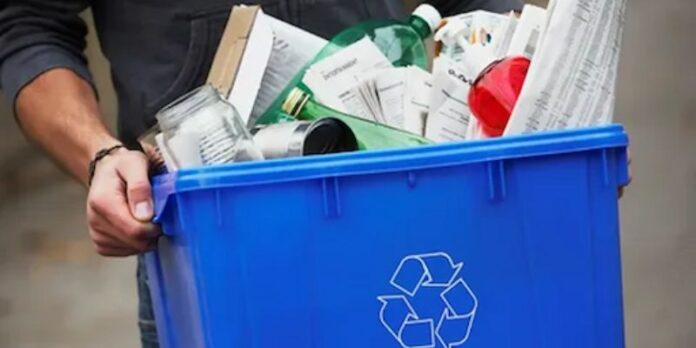Introduction
The globe is confronting an unprecedented waste crisis as urbanisation is speeding forward and the global population increasing. With each passing year that goes by, waste’s environmental effect is getting more serious from overflowing landfills to contamination of rivers and seas. Fortunately, creative and eco-friendly waste solutions are developing to meet these issues, therefore opening the path for a better and more sustainable future. Different eco-friendly waste solutions, their possible advantages, and how they may assist to build a more sustainable waste management system for businesses and communities all around will be discussed in this article.
Eco-Friendly Waste Solutions for a Greener Future
Waste Reduction at the Source: The First Step Toward Sustainability
Reducing waste at the source is one of the best approaches to handle it. Waste reduction is the endeavour to limit waste output by deliberate design and consumption decisions. Reevaluating packaging, production techniques, and customer behaviour helps this method concentrate on creating less waste. Inspired by a rising push toward zero-waste lifestyles—where people and companies try to send as little waste as possible to landfills—innovations such reusable items, minimal packaging, and bulk purchases have resulted. Reducing waste at its source saves money, energy, and resources in addition to helping to lower environmental pollution. Seeking help from low priced local skip hire, such as cheap skip hire wigan, can be a cost-effective solution of waste management.
Composting: Turning Organic Waste into Valuable Resources
An environmentally sustainable waste solution, composting entails the organic waste—food scraps, yard clippings, agricultural waste—natural breakdown. Communities may lower methane emissions from landfills by separating organic debris from landfills and turning them into nutrient-rich compost, therefore producing useful resources for farming, landscaping, and gardening. Many sustainable waste management initiatives now include composting as a basic component; towns and municipalities provide curbside collecting of organic waste for this use. Furthermore enabling people and companies to accept this ecologically beneficial waste solution are home composters and community composting projects.
Waste-to-Energy (WTE) Technologies: Harnessing Energy from Waste
By turning non-recyclable waste materials into usable energy, waste-to– energy (WTE) technologies provide a creative answer to the waste issue. Processes including incineration, gasification, or anaerobic digestion allow one to do this. In addition to lowering the amount of waste sent into landfills, WTE systems provide sustainable energy—heat or electricity. Certain sophisticated WTE systems may turn mixed waste streams into biogas, which can run homes, companies, even cars. Although WTE technologies have generated controversy because of environmental effects and air pollution issues, current developments have greatly raised the sustainability and efficiency of these systems.
The Role of Circular Economy in Waste Solutions
Many eco-friendly waste solutions centre on the idea of a circular economy. Whereas items are produced, utilised, and disposed of in a conventional linear economy, a circular economy seeks to shut the loop by maintaining materials in use for as long as feasible. Reusing, refurbishing, repairing, and recycling goods and materials in a circular economy helps to lower waste by thus lowering the need for fresh raw resources. This change toward a circular economy helps companies to create more effective recycling technologies, inspire sustainable use of resources, and design goods with lifetime in mind.
Smart Waste Management: Leveraging Technology for Efficiency
Another exciting path for enhancing waste solutions is the inclusion of technology into waste management. Smart waste management systems maximise waste collecting, sorting, and disposal by use of sensors, data analytics, and the Internet of Things (IoT). For example, waste bins with sensors may identify when they are full and notify waste collecting agencies, therefore minimising pointless collections and improving path of least resistance. By use of artificial intelligence (AI), recyclables may be more effectively sorted and various materials can be separated depending on composition. Blockchain technology may also be used to monitor waste flow and guarantee appropriate recycling and disposal methods.
Conclusion
Constructing a better, more green tomorrow depends critically on the eco-friendly waste solutions of today. From implementing circular economy ideas to cutting waste at the source, the globe is moving in a major direction toward waste solution. But success needs ongoing cooperation among governments, companies, and people. We can lower waste’s environmental effect, save resources, and preserve the earth for next generations by embracing creative technology, implementing sustainable methods, and supporting eco-conscious behaviour.





